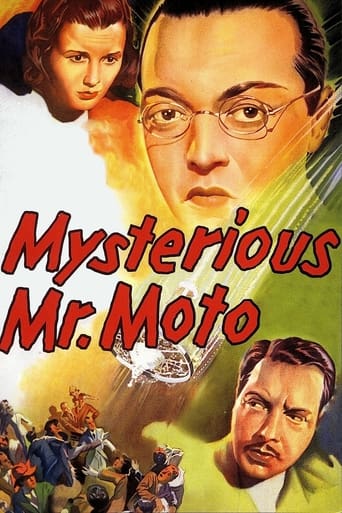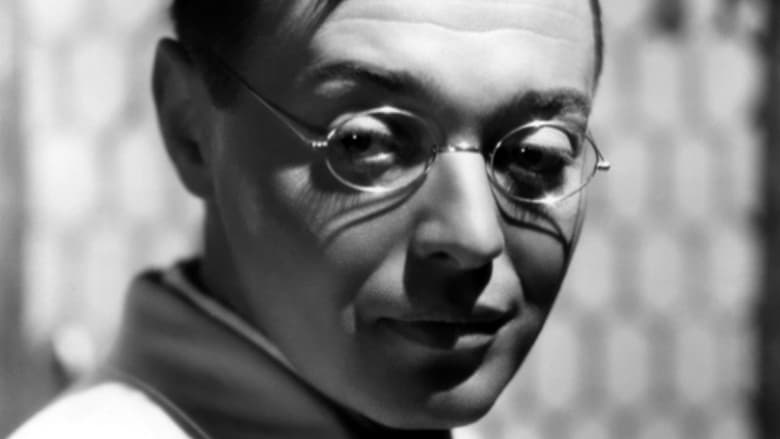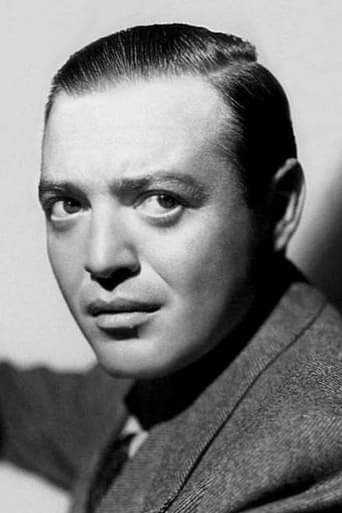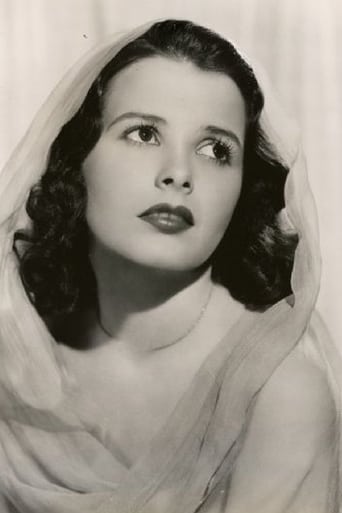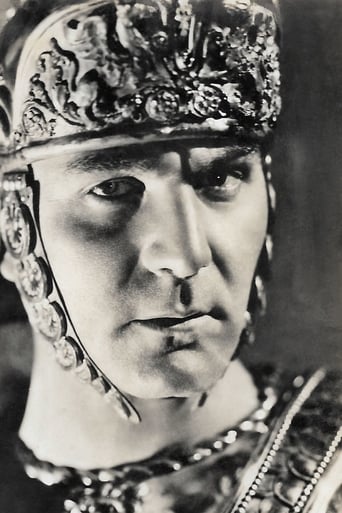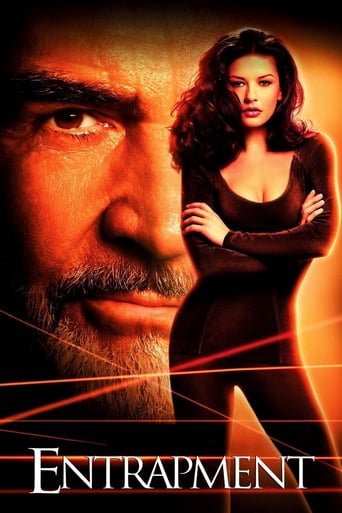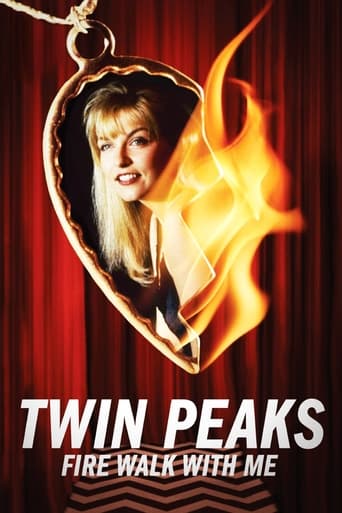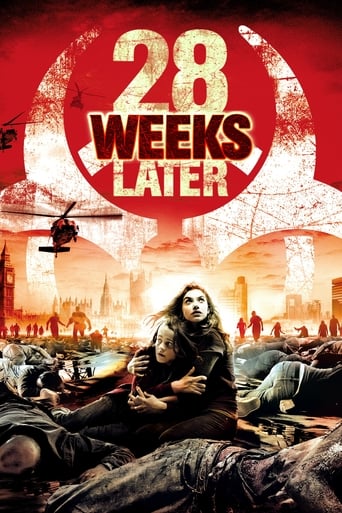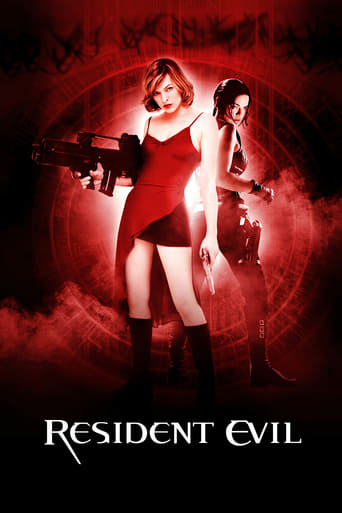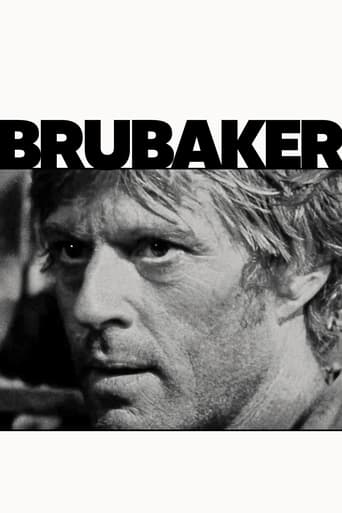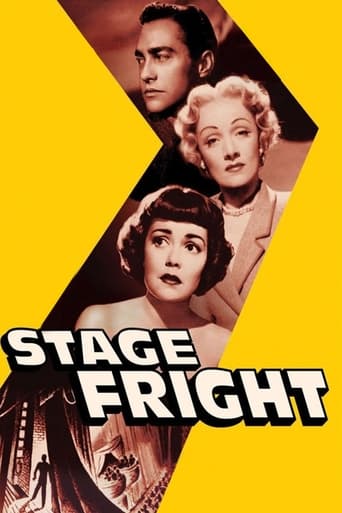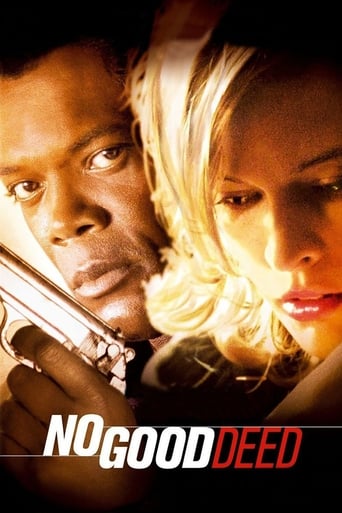Mysterious Mr. Moto (1938)
The Japanese detective rounds up a league of assassins for Scotland Yard.
Watch Trailer
Free Trial Channels
Cast


Similar titles
Reviews
Sorry, this movie sucks
It was OK. I don't see why everyone loves it so much. It wasn't very smart or deep or well-directed.
Excellent and certainly provocative... If nothing else, the film is a real conversation starter.
It is a whirlwind of delight --- attractive actors, stunning couture, spectacular sets and outrageous parties. It's a feast for the eyes. But what really makes this dramedy work is the acting.
Mr. Moto (Peter Lorre) has himself imprisoned on Devil's Island so he can help his cellmate (Leon Ames) escape and thereby get the goods on a gang of international killers.Trying to determine where the racism begins, ends and is even refuted in the Mr. Moto pictures is a fun game. Certainly, Moto himself can be thought of as a racist invention because of his portrayal by white man. But then, he is portrayed as clever and likable, so it is not as though the creators meant to insult the Japanese.Further, the film actually shows men acting racist and presents them in a poor light. And a subtle jab is given to racism when Moto is able to easily get through a gate by merely being a house servant. Who is foolish here? On top of all this, we have a fairly decent detective story, a jail break, and a mighty impressive bar fight.
With this, I begin a seven-movie tribute to the late British film critic Leslie Halliwell (the first one I came across and who instilled in me a love for the golden age of cinema) on the 25th anniversary of his untimely passing. He had compiled two books citing 219(!) of his all-time favourites, including titles he did not even praise all that much in his assessment on the official pioneering guide! Even if hardly constituting products of outstanding merit, but certainly proving great fun to watch, he showed a particular fondness for crime/mystery franchises (such as the Mr. Moto one here, Charlie Chan, Bulldog Drummond, Sherlock Holmes and "The Thin Man") – and also threw in a couple that could only be described as "guilty pleasures" i.e. NIGHT MONSTER (1942) and HOUSE OF Dracula (1945)! This is actually the fifth entry in the character's original eight-movie run and, though I own all of them (as well as the 1965 one-off revival. THE RETURN OF MR. MOTO), only the second I have watched so far. Coincidentally, the other one (MR. MOTO'S LAST WARNING {1939}) was also singled out for praise by Halliwell in those volumes and, indeed, "Mr. Moto" is the only series to receive more than a single nod: make of that what you will! While there are obvious intrinsic similarities between him and that other even more popular Asian sleuth, Charlie Chan (concurrently the subject of a parallel franchise that would last much longer at the same studio – Fox), so much so that one of the Moto films i.e. MR. MOTO'S GAMBLE (1938) was originally planned as a Chan entry(!), the two detectives' modus operandi was decidedly different – since the former adopted affability and camouflage to solve any given case, whereas the latter relied on wise sayings and a little help from his brood of sons to get at the truth.Needless to say, the look of the films and some of their credentials were similarly interchangeable – but so was the entertainment value gleaned from them: the Motos' briefer stretch ensured that this (and the plot lines) did not risk running thin, as the Chans inevitably did – especially since it saw a couple of replacements to the central role along the way! To its credit, not all these various detective thriller series featured great actors in the lead – but this surely was the case with Mr. Moto, played for nearly two straight years by Austro-Hungarian Peter Lorre in the initial stages of his Hollywood career. Though his features could hardly pass for an Oriental, Lorre's diminutive stature and soft-spoken delivery made him an ideal choice regardless: still, he is not played up as a feeble and subservient stereotype (outside of a deliberate disguise on his part) – in fact, he can effortlessly outwit or physically overcome his antagonists and show authority figures for the pompous fools they are (as amply seen in the movie under review)!At this juncture, I cannot say which is the better effort of the two Motos I have checked out: it has been some time since my sole viewing of LAST WARNING, the sixth in the saga, via an original DVD of Public-Domain "Mystery" films (generously donated to me by an American friend of long standing) – though I would probably give the edge to it in view of supporting actors George Sanders and John Carradine and the exotic setting involved. Incidentally, why MYSTERIOUS was so called is itself a puzzle – as this is all-too-generic (witness the almost identically-titled yet wholly unrelated efforts involving the Oriental figure of Mr. Wong incarnated by fellow horror icons Bela Lugosi and Boris Karloff) and, basically, the kind of moniker by which a personage is normally introduced to audiences! That said, it is obviously representative of the lot, with respect to narrative (already with an eye on the impending war in Europe), twists (Moto springs a hit-man - Leon Ames - out of jail to catch his gang leader!), suspense (the climax being set in a crowded art gallery, with Moto dressed up as a disgruntled Germanic artist!), characterization (for the best part of the film, Moto poses as the hit-man's meek butler, bullied by racist bar patrons, in order to expose his opponents!), romance (Moto's own relationship with an Asian colleague working undercover is interesting – countering the obligatory one between the second leads - including Henry Wilcoxon) and comedy relief (supplied by Erik Rhodes, formerly the "other man" of many an Astaire/Rogers musical). In fact, the whole atmosphere (even more so here in view of the London backdrop and looking particularly nice in this DVD-sourced transfer) is – delightfully – not too far off the early Hitchcock mark.
Peter Lorre is "Mysterious Mr. Moto," a Japanese detective who seems to know everything that's going on. A very likable character, Moto, not surprisingly, stopped solving crimes after Pearl Harbor.In this, the fifth entry into the series, Moto escapes Devil's Island with another man, Paul Brissac (Leon Ames), as Moto is on the trail of an assassination group, of which Brissac is a member. Moto wants the top man. Since Brissac trusts him, Moto becomes his houseboy and gets a look at the rest of the group. But not the leader. The group is threatening the life of a man, Anton Darvak (Henry Wilcoxon), who has a steel formula the group wants. Moto works to protect him.The film has a very lively denouement, and Moto dons several disguises during the film. Peter Lorre is wonderful. Moto has it all over Chan, as it takes Chan time to figure things out. Moto seems to know it all pretty early on, and he's quite an active participant in whatever it takes to solve the crime.It's impossible to believe, however, that a man one step up from the village idiot, Anton Darvak, has any type of a formula unless it's for adding 2 and 2. He's not worth protecting, that's for sure.This is a short movie, and the main thing it's got going for it is Lorre. The plot isn't great. And as short as it is, some of it moves slowly. But what action there is, is very good.
One of the weakest gimmicks in the Sol Wurtzel-Peter Lorre Moto series was Moto's occasional attempts to lurk about in disguise a la Sherlock Holmes. It's surprising therefore that one of the most successful (and dramatically strongest) films in the series featured Moto doing an extended undercover operation as "Ito," the pidgen-English-speaking Japanese houseboy of a British gangster. The scenes in which Ito/Moto is treated with condescending contempt by his employer and roughed up by Cockney barflies are clearly intended to stimulate the audiences' outrage against their stupidly bigoted treatment of "his kind"--racism here being portrayed as a specifically British tendency, in stark contrast to the friendly respect with which Mr. Moto is treated by American characters. Considering that the Moto series itself has been labeled racist--the assumption being that casting the "ugly" Jew Lorre as a Japanese was an insult to Asians, never mind the way the character was actually treated in the films--it may be time to take a more objective second look.

